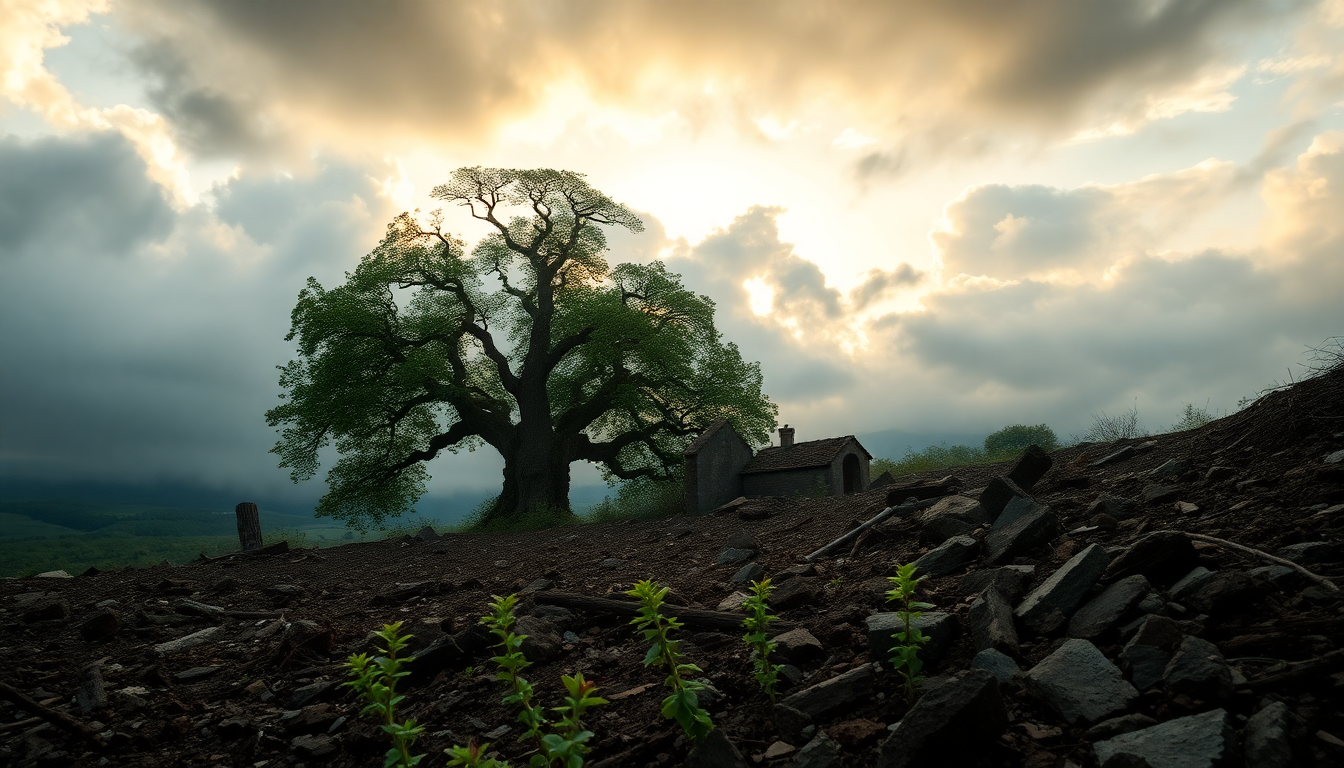Table of Contents
In a world where environmental issues and social dynamics are increasingly intertwined, recent events have ignited important conversations across the globe. From the destruction of iconic natural landmarks to heartbreaking incidents that reveal social inequalities, these occurrences demand our attention and analysis.
Let’s take a closer look at several key incidents, exploring their implications and the broader stories they tell us.
The Heartbreaking Loss of England’s Iconic Sycamore Gap Tree
The recent sentencing of individuals involved in the felling of the renowned Sycamore Gap tree in England has not only captured public attention but also sparked outrage regarding environmental protection.
This majestic tree, nestled along Hadrian’s Wall, was more than just a stunning landmark; it represented the beauty and cultural heritage of the region. The decision to cut it down has led many to reflect on our responsibility to safeguard such irreplaceable treasures.
As we witness the legal consequences faced by the offenders, it raises a vital question: how can we, as a society, better protect our natural environments? The data on environmental crimes reveals a troubling trend, underscoring the urgent need for stricter enforcement and greater community involvement in conservation efforts.
It’s a wake-up call for all of us.
Global Responses to Climate-Related Disasters
Extreme weather events are becoming all too familiar, with cities like New York recently experiencing rare flash floods that caused significant disruptions. These incidents serve as harsh reminders of the impacts of climate change, which are now more frequent and severe than ever before.
The financial fallout from such disasters can be profound, affecting local economies and igniting discussions about how to build resilience.
In response to these challenges, investing in sustainable infrastructure is more critical than ever. Urban planners and investors must prioritize developments that not only tackle current issues but also anticipate future needs.
The recent flooding highlights the importance of weaving environmental considerations into urban design, ensuring that communities can withstand the rising threats posed by climate change.
Social Narratives Amidst Global Challenges
Beyond environmental concerns, social issues are taking the spotlight, particularly as conflicts escalate in various regions. The parallels drawn between ongoing battles—like the situation in Gaza—and cultural narratives in media reveal the complexity of today’s social dynamics. Many have noticed that popular films are increasingly referencing real-world struggles, sparking conversations about how media shapes our understanding of these issues.
These narratives not only mirror societal tensions but also promote a deeper understanding of our global landscape. As we navigate these turbulent times, investing in education and fostering dialogue is crucial. By encouraging awareness and critical discussions about these conflicts, we can work towards a more informed and empathetic society.
Looking Ahead: Trends and Implications
As we dissect these recent developments, it’s evident that environmental and social issues are deeply interconnected. The challenges posed by climate change and societal disparities require a holistic response that encompasses policy changes, community engagement, and responsible investment. We must prioritize sustainable practices while recognizing our collective responsibility to confront these urgent challenges.
In the coming years, we can anticipate heightened public scrutiny regarding policies tied to environmental protection and social justice. The events of today will undoubtedly shape our narratives tomorrow, making it essential for individuals, businesses, and governments to engage actively in these discussions. By cultivating a culture of awareness and responsibility, we can pave the way for a more sustainable and equitable future. So, how will you contribute to this change?





